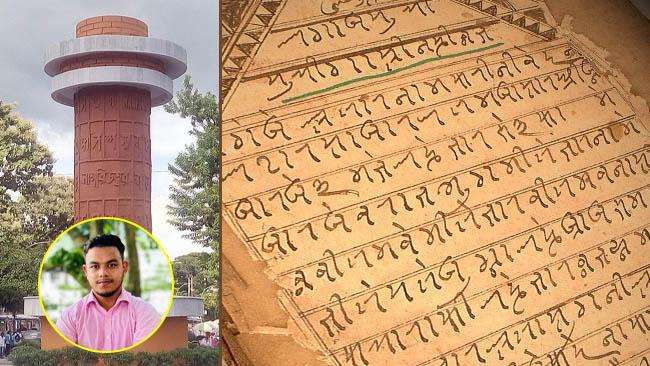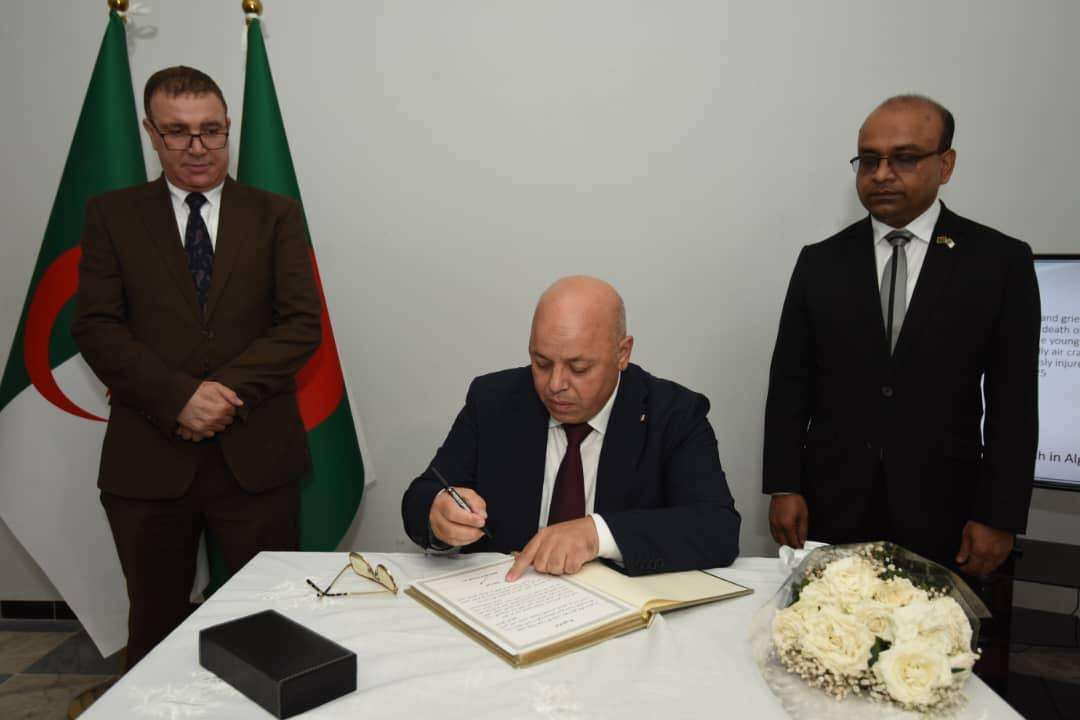Ramadan, the ninth month of the Islamic calendar, is a period of profound spiritual reflection, fasting, and increased devotion for Muslims worldwide. The teachings and practices of the Prophet Muhammad (peace be upon him) provide invaluable guidance on how to observe this holy month. Here's a look at some key lessons:
1. Emphasis on Sincere Intention:
The Prophet stressed the importance of having a sincere intention (niyyah) for fasting. This means fasting not merely as a ritual, but as an act of worship aimed at seeking closeness to God.
This focus on inward purity distinguishes Ramadan from simply abstaining from food and drink.
2. Cultivating Self-Discipline and Restraint:
Ramadan is a training ground for self-discipline. The Prophet's teachings emphasize controlling one's desires, not just in terms of food and drink, but also in speech and behavior.
This includes avoiding backbiting, anger, and other negative actions.
3. Prioritizing Prayer and Quranic Recitation:
The Prophet encouraged increased prayer and recitation of the Quran during Ramadan.
He particularly emphasized the importance of the night prayers (Taraweeh) and seeking the "Night of Power" (Laylat al-Qadr), a night of immense spiritual significance.
4. Fostering Generosity and Compassion:
Ramadan is a month of increased generosity and compassion. The Prophet exemplified this by his own charitable acts.
He encouraged giving to the poor and needy, and strengthening bonds of kinship and community.
5. Strengthening Community and Unity:
The Prophet emphasized the importance of community during Ramadan.
Shared iftars (evening meals) and prayers foster a sense of brotherhood and sisterhood among Muslims.
6. Seeking Forgiveness and Spiritual Renewal:
Ramadan is a time for seeking forgiveness for past sins and striving for spiritual renewal.
The Prophet encouraged Muslims to take advantage of this blessed month to purify their hearts and strengthen their connection with God.
7. The importance of following the Sunnah:
Following the Sunnah, the practices and examples of the prophet Mohammad, is key to properly observing Ramadan. This includes things such as eating suhoor, the pre dawn meal, and hastening to break the fast at iftar.
In essence, the Prophet Muhammad's teachings about Ramadan highlight the importance of:
- Spiritual purification
- Self-improvement
- Compassion
- Community
By adhering to these teachings, Muslims can maximize the spiritual benefits of Ramadan and draw closer to God.
_4.jpg)


_4.jpg)




.svg)




